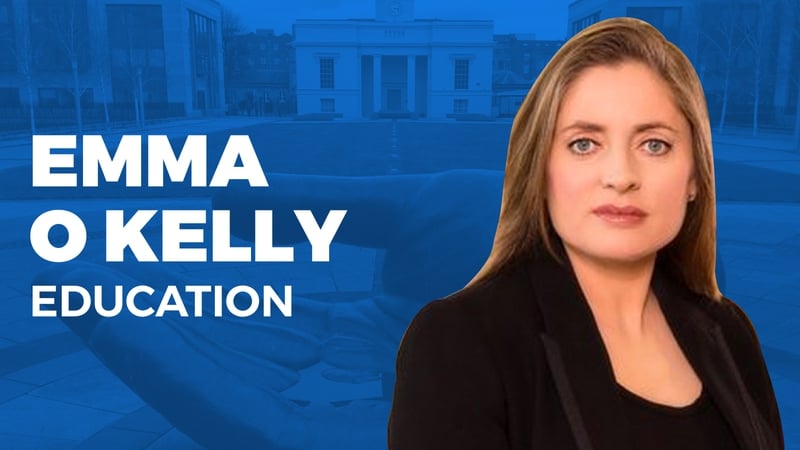
This is an extraordinary derogation.
It is highly unlikely that any other group in Irish society has been granted such power to bypass employment and equality legislation when it comes to making important appointments.
But the fact that these appointments are for public sector jobs, with salaries paid by the taxpayer, makes the matter even more noteworthy.
It highlights once again the great power that the Catholic church continues to hold within the education system in Ireland.
The Department of Education says that only “a handful” of appointments to principal have been made in this way in recent years.
It is probable that only a handful of teachers have been appointed in this way too.
But it is the fact that the right exists that is important, and many would argue that even “a handful” is too much.
One of those handful of appointments was the principalship of St Flannan’s College in Ennis.
St Flannan’s is a huge school, with almost 1,200 pupils, and the salary attached to that job is worth at least €100,000.
One can be certain that there will have been more than a handful of highly-qualified and experienced teachers who were upset to discover that such a prime post in the Irish education world was not opened up to the normal transparent and competitive appointment process.
The decline in vocations means that there are now very few nuns or priests or brothers available to take up teaching posts in schools, but there is currently nothing to stop the Catholic church bringing in personnel from abroad to train as teachers and go on to teach in and run Irish schools, with salaries paid by the Irish State.
The church’s derogation applies not just to hiring, but also to firing.
The agreements governing primary and second level are slightly different but they both make clear that teachers appointed in this way can be removed, at the sole discretion of the church authorities, not the State or even the school’s Board of Management.
So if a priest or a nun teaching in an Irish school falls foul of their religious superiors, they risk losing their livelihood, and it appears that they have no protection in Irish employment law.
One wonders what the Workplace Relations Commission would make of this.
There is one other interesting feature.
These agreements cannot be dismissed as historical hangovers; a quirk from the distant past that has been somehow overlooked until now.
The evidence is that what were pre-existing and possibly less formal arrangements have been reiterated in recent years.
The current agreement which allows the Catholic church to freely appoint nuns and brothers of its choosing to primary schools is just two years old.
It is buried in an appendix attached to the Governance Manual for Primary Schools which was signed off on by then minister for education Jan O’Sullivan in September of 2015.
The agreement governing secondary schools is contained in regulations published by the Department of Education in 1998.
But now that the matter has come to light Minister for Education Richard Bruton appears determined to address it.
The statement from his spokesperson is unequivocal.
He has asked officials to move “to immediately rectify matters, so that all posts are filled by open competition”.
Speaking informally, one person at the department described the practice as “totally unacceptable”.
RTÉ News understands that a review will be carried out early in the New Year with a view to getting rid of the exemptions.
As to how the church will respond, last night a spokesperson for the bishops called the provisions “historical” and “seldom used” in recent years.
He said the bishops would have “no difficulty” if the minister wished to remove them.
The Le Chéile trust, which runs a large number of schools, has also said that it would have no problem with the removal of the provisions.
[“Source-rte”]
















